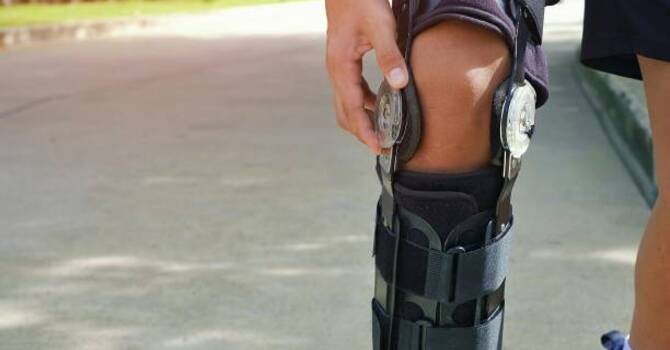
Testosterone Replacement Therapy (TRT) is often sought out for its transformative effects on energy, muscle mass, libido, and overall well-being. But many men wonder: Will TRT change my face?
At Tulsi Wellness Club, we help men navigate their TRT journey, ensuring they understand all aspects of hormone optimization—including how it may affect facial structure and appearance. Let’s explore how TRT can impact your face and what changes you can expect.
How Does Testosterone Affect Facial Features?
Testosterone is a key hormone in shaping masculine features. It influences bone density, muscle fullness, skin health, and fat distribution—all of which play a role in facial appearance.
Men with higher testosterone levels typically have:
A more chiseled jawline
Thicker facial hair
Lower body fat percentage (including in the face)
A more angular, defined facial structure
Since TRT restores testosterone levels, it may enhance some of these features over time. However, the extent of change depends on age, genetics, and starting hormone levels.
Possible Facial Changes on TRT
A More Defined Jawline
Testosterone influences bone density and fat distribution. Many men report that after starting TRT, their jawline becomes more defined due to a reduction in facial fat and an increase in muscle tone.
If you’ve been carrying excess facial fat due to low testosterone, TRT may help slim your face, giving it a sharper appearance.
This effect is more pronounced in younger men, whose bones are still more responsive to hormonal changes.
Changes in Facial Fat Distribution
Men with low testosterone often have a puffier, softer face due to higher estrogen levels and increased fat storage. TRT helps balance hormones, leading to a leaner, more structured look.
However, if TRT doses are too high, excess testosterone may convert into estrogen, potentially leading to water retention and a fuller face. This is why proper hormone balance is key.
Increased Facial Hair Growth
Since testosterone plays a major role in facial hair growth, some men experience:
Thicker beard growth
Faster-growing facial hair
Filling in of patchy areas
However, genetics largely determine beard growth, so if you’re naturally not predisposed to a thick beard, TRT won’t drastically change this.
Skin Changes: Oiliness or Acne
Testosterone influences sebum (oil) production, which can lead to:
A healthier glow and improved skin elasticity
Temporary acne or increased oiliness, especially in men prone to breakouts
This effect usually subsides as the body adjusts. Keeping up with proper skincare and managing testosterone levels can help mitigate unwanted skin issues.
A More Youthful Appearance
TRT enhances collagen production, which can:
Improve skin firmness
Reduce fine lines
Give a healthier, revitalized look
Many men notice that they look more youthful and energetic after starting TRT.
Will TRT Change My Bone Structure?
TRT may slightly enhance bone density, but it won’t significantly alter bone structure in fully developed adults.
In younger men (under 25), testosterone can still influence bone growth, potentially leading to subtle changes in facial width and definition. However, for most adult men, the changes are due to fat loss and muscle definition, rather than structural alterations.
How Long Does It Take to See Changes?
First 3-6 months – You may notice reduced puffiness, improved skin tone, and subtle facial definition changes.
6-12 months – More pronounced effects on jawline definition, facial hair growth, and overall appearance.
Final Verdict: Will TRT Change My Face?
Yes, TRT can change your face—but mainly by reducing fat, increasing muscle tone, enhancing skin quality, and improving beard growth.
No, it won’t drastically alter your bone structure or make you look unrecognizable.
At Tulsi Wellness Club, we focus on personalized TRT plans to help you achieve optimal results while maintaining balance. If you’re considering TRT and want to know how it could affect your appearance and confidence, contact us today for a consultation!
Dr. Devin Stone
Contact Me


